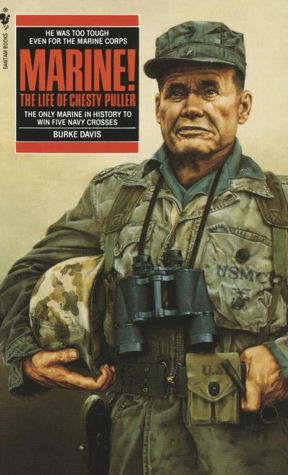
This book is a collection of essays about anything and everything by University of Milan professor and author Umberto Eco.
Here's a brief synopsis of each:
Inventing the Enemy - A historical account of humanity's proclivity to look for someone to stereotype, vilify, and hate.
Absolute and Relative - A somewhat muddled discussion of the relationship between absolute and relative truth.
The Beauty of the Flame - Beautifully chronicles the various uses, philosophies, and symbolic utilizations of fire and light throughout history.
Treasure Hunting - Catalougs some of the more interesting and fantastical relics that have filled the treasuries of Roman Catholic churches over the years.
Fermented Delights - Catalougs the writings and musings of the late Italian historian Piero Camporesi, who had a fascination with historical forms of fermentation, be that of beer, cheese, or decomposing bodies.
No Embryos in Paradise - An examination of Thomas Aquinas' views on the humanity and soul of the unborn (spoiler alert: Aquinas was wrong).
Hugo, Helas!: The Poetics of Excess - Eco celebrates Victor Hugo's trademark penchant for dramatic excess.
Censorship and Silence - Examines the irony that censorship of something make it more popular and the oversaturation in the media of that same thing dulls its influence and allure.
Imaginary Astronomies - Investigates the attempts throughout history to map the universe as well as the earth and shows how even erroneous theories became stepping stones in our understanding of the world and the heavens. Interesting side story about how some Nazi's belief that the surface of the world was actually concave with us on the inside of the sphere may have contributed to so many botched V8 rocket launches.
Living by Proverbs - This essay is made up entirely of folk wisdom and "things my daddy used to say", showing that if we literally lived by proverbial wisdom we would cease to function.
I Am Edmond Dantes! - Explores the use and misuse of the literary device of anagnorisis, which surprises the readers and/or the characters of a story with the revelation of a secret identity.
Ulysses: That's All We Needed... - A collection of fascist era reviews of James Joyce's Ulysses.
Why the Island Is Never Found - Discusses the search of islands real and imagined, the invention and importance of longitude, and the reason that some islands are never discovered.
Thoughts on WikiLeaks - commentary on the significance of the WikiLeaks scandal and what it means to live in a world where not only is the technology for an Orwellian like Big Brother government available, but the technology exists to steal Big Brother's secrets.
I enjoyed all of the essays, understood most of them and appreciated the opportunity to have my mind stretched in subjects I wouldn't normally encounter.




